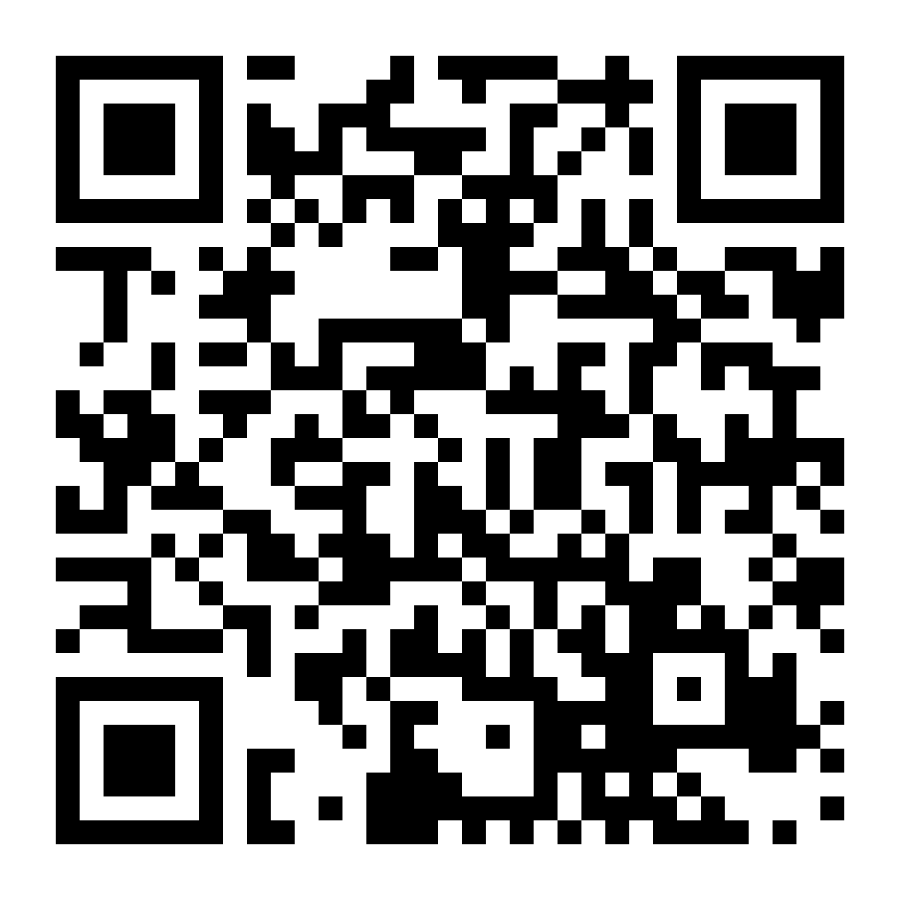How to receive payment as a Freelancer
Receiving payments from international clients doesn’t have to be complicated. With the right tools, you can easily access your hard-earned money. Here’s a breakdown of some of the pros and cons of different platforms that provide this service.

Working as a freelancer or remote worker in Nigeria can be incredibly rewarding. Not only do you get the flexibility to work from anywhere, but you also have the opportunity to collaborate with clients from around the world. However, one of the biggest challenges you might face is figuring out how to receive payments securely and efficiently.
Cenoa
Cenoa is designed to help you get paid in full by ensuring more value for your money. With Cenoa, you can get paid with less fees (0.5%), enjoy superior exchange rates compared to the other platforms and more favourable and stable spread (1%), and have access to a user-centric platform that is easy-to-use and tailored to freelancers and remote workers everywhere.
Sign up for a US Dollar Account in your name
Paypal
Paypal is one of the foremost and more popular payment platforms that freelancers use. For years, Paypal has been the go-to platform for freelancers to receive payments from clients on Upwork, Fiverr, etc. While PayPal has reasonably done the job for many users, freelancers continue to experience challenges with using the platform. Here are some of the pros and cons of using PayPal.
Pros:
Widely Accepted: PayPal is widely recognized and trusted by clients worldwide, making it the go-to platform for many freelancers.
Cons:
High Fees: Transaction fees and unfavorable exchange rates can eat into your earnings.
Account Limitations: Account limitations and potential freezes can disrupt access to your funds.
Payoneer
Payoneer is another popular platform for getting paid as a freelancer and, for many Nigerian freelancers, this platform has proven effective. However, with the pros, there are some cons.
Pros:
Global Reach: Accepted by many international clients and freelancing platforms.
Multiple Currencies: Allows you to receive payments in multiple currencies.
Local Bank Transfers: You can withdraw funds directly to your Nigerian bank account, making it easier to get paid.
Cons:
Fees: Monthly maintenance fees, currency conversion fees and cross-border fees, all of which can really eat into the value of your money..
Transfer Delays: Sometimes, transfers can take a few days to process on Payoneer, making it ineffective for freelancers who need to receive their payment instantly.
Grey
Pros:
Nigerian-Friendly: Specifically designed for Nigerian freelancers and businesses.
Competitive Rates: Offers better exchange rates compared to many traditional banks.
Ease of Use: Simple interface and easy account setup.
Cons:
Limited Features: Fewer features and integrations compared to more established platforms.
High Spread on Exchange: on Grey, currency conversion can often come with high spread, making it an expensive option.
Conclusion
Choosing the right payment platform as a freelancer or remote worker in Nigeria is crucial for your financial success. While PayPal and Payoneer offer widespread acceptance and reliability, they come with higher fees and less favorable exchange rates.
Grey is a solid option for Nigerian users looking for better rates and ease of use. However, if getting paid in full and maximizing the value of your earnings is your top priority, Cenoa stands out as the best choice. With its competitive exchange rates and low fees, Cenoa ensures you get the most out of your hard work.
